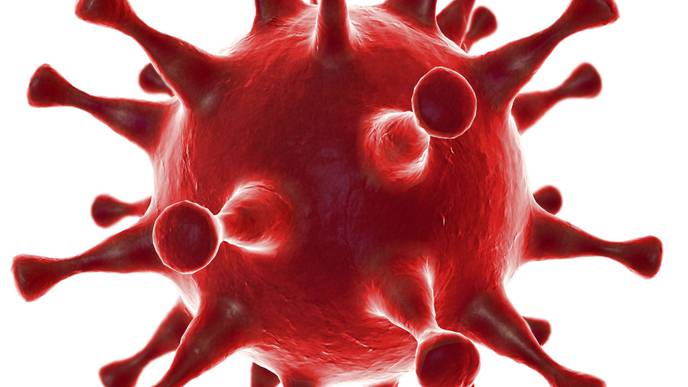Survey Finds Patients’ Coping Styles Changed During COVID-19 and That Stable Coping Styles Can Reduce Anxiety and Depression

12/04/2023
Researchers assessed Veterans Affairs participants’ patterns of coping strategies, as well as the stability and change in strategies, at three timepoints (December 2020-March 2021) when COVID-19 vaccines became widely available. Two thousand and eighty-five participants completed surveys at any time point during the specified time frame and 930 participants completed all three surveys. Researchers identified three distinct coping styles: Adaptive, Distressed, and Disengaged. They then assessed stability and change over time in these strategies and found that the majority of the sample (71%) changed their coping style at least once during the study period. Participants who used stable coping styles across all three points reported lower levels of anxiety and depression.
Researchers report that their results do not support patterns of change in coping style in a particular direction (e.g., a trend toward an increase in use of adaptive strategies) but point to potential advantages of stability in coping style. Potentially, less adaptive styles that are more stable may be advantageous for mental health.
What We Know: Family practice has long been an environment in which patients
can learn about positive coping strategies. Understanding how coping strategies work together in stressful contexts is important for enhancing opportunities for doctors to support the resilience of patients. Military veterans and individuals with existing health problems have been identified as a potentially high-risk subgroup that may be particularly vulnerable to COVID-19 stressors.
What This Study Adds: Over the four months of a rapidly changing context for the COVID-19 pandemic, changes in coping style were common. The malleability of coping styles points to practical applications for supporting individuals in developing and engaging in adaptive strategies. Study results suggest that coping styles are not necessarily evolving in a direction of growth, resilience, or adaptation, making it important to understand how a change in coping styles over time may impact well-being and to support patients during coping with stress.
Veterans and Non-Veterans Coping With Stress During 4 months of Covid-19
Jorie M. Butler, PhD, et al
Department of Biomedical Informatics, Spencer Fox Eccles School of Medicine at the University of Utah; Informatics, Decision-Enhancement, and Analytic Sciences (IDEAS) Center of Innovation, VA Salt Lake City Health Care System; Geriatrics Research, Education, and Clinical Center (GRECC), VA Salt Lake City Health Care System, all of Salt Lake City, Utah
Pre-embargo article link (Link expires at 5 p.m. EDT Nov. 27, 2023)
Journal
The Annals of Family Medicine
Disclaimer: AAAS and EurekAlert! are not responsible for the accuracy of news releases posted to EurekAlert! by contributing institutions or for the use of any information through the EurekAlert system.

Facebook Comments